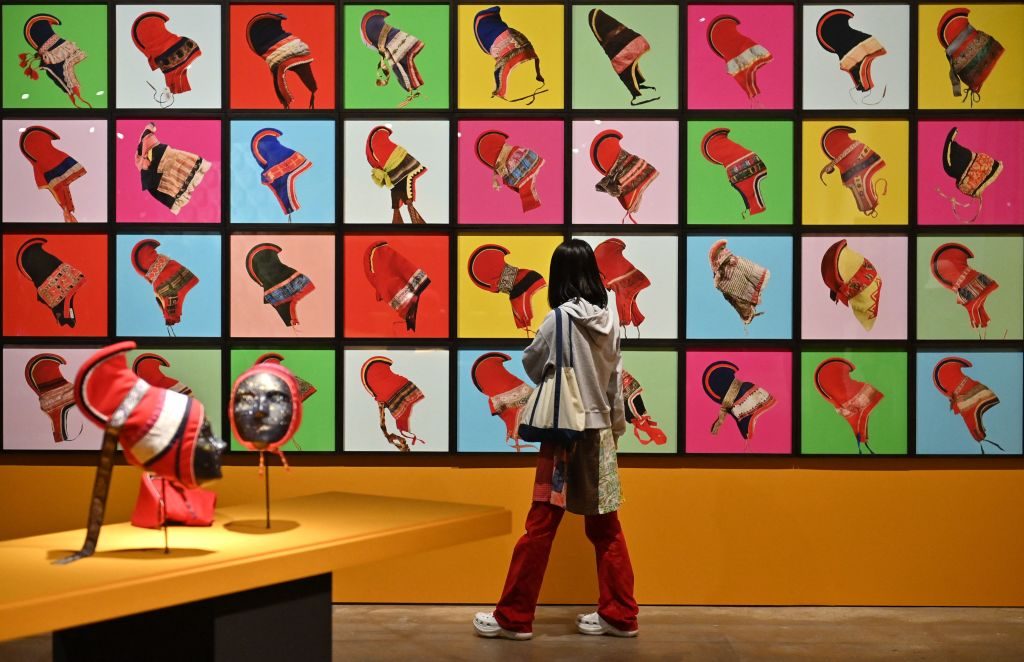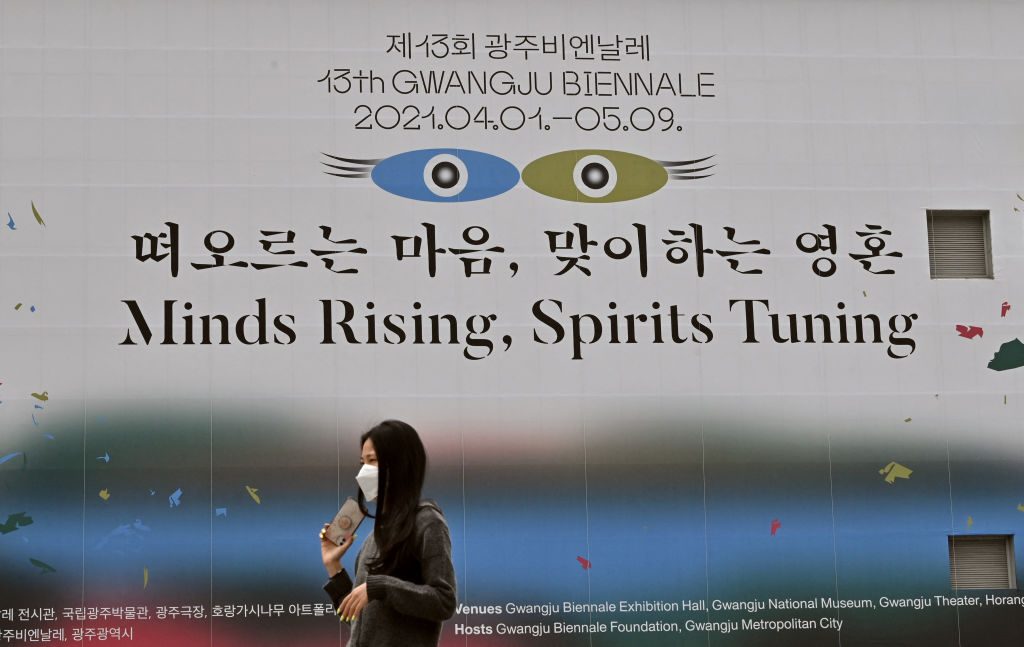Art & Exhibitions
The Next Gwangju Biennale Has Been Postponed to 2023 Following Meager Attendance at This Year’s Event
The Biennale’s organizers said the deferment decision was made to extend the run time of the event.

The Biennale’s organizers said the deferment decision was made to extend the run time of the event.

Taylor Dafoe

The 14th edition of the Gwangju Biennale, originally set for 2022, has been postponed by a full calendar year.
While the delay coincides with a new wave of concern about global travel caused by the Omicron variant of Covid-19, today’s announcement from the show’s organizers stressed a more positive motive: the move is designed to move the art event to a new spot on the calendar, so as to extend its duration.
The Gwangju Biennale, one of the most attended art events in the world, has traditionally run for 66 days starting on the first Friday of September during even-numbered years. Now, the next edition will be expanded to 94 days, kicking off earlier in the year. The rescheduled show is set to take place April 7 through July 9, 2023.
“There were a number of people in the past who were disappointed that they have missed the Biennale due to its limited duration,” Gwangju Biennale Foundation president Yang-woo Park said in the statement. “It is our hope, as the longest Gwangju Biennale ever to take place, the 14th Gwangju Biennale will also contribute to the general expansion of culture and art.”
The previous edition was pushed from September of 2020 to the spring of this year, due to the Covid-19 crisis. Visitor numbers for this year’s iteration were severely depleted, and only a handful of participating artists could attend.
Not mentioned in the official statement were the very public controversies that have dogged the Biennale over the last 8 months.

A visitor walks past a poster for the 13th Gwangju Biennale at an exhibition hall in the city of Gwangju on April 1, 2021. Photo: Jung Yeon-je / AFP via Getty Images.
Following the event this spring, the Foundation announced that it would not renew the contract of its president of four years, Sunjung Kim. The news came amid allegations from the biennial’s labor union that Kim had verbally abused and unfairly fired employees—claims which were subsequently investigated by Gwangju’s Ministry of Culture, Sports, and Tourism, as well as the South Korean Ministry of Employment and Labor.
Kim officially vacated her position in June. Shortly thereafter, she spoke out against the accusations, calling them “unfounded claims and factual distortions,” suggesting that her critics were responding to the “long overdue systematic changes” she implemented during her tenure.
“I have tried my best to oversee the administrative process and organizational structure of the foundation with fairness and due responsibility,” Kim said at the time. “I also did not hesitate to reform outdated practices where necessary.”
Representatives for the Gwangju Biennale did not immediately respond to Artnet News’s request for information about the postponement of the 14th edition.